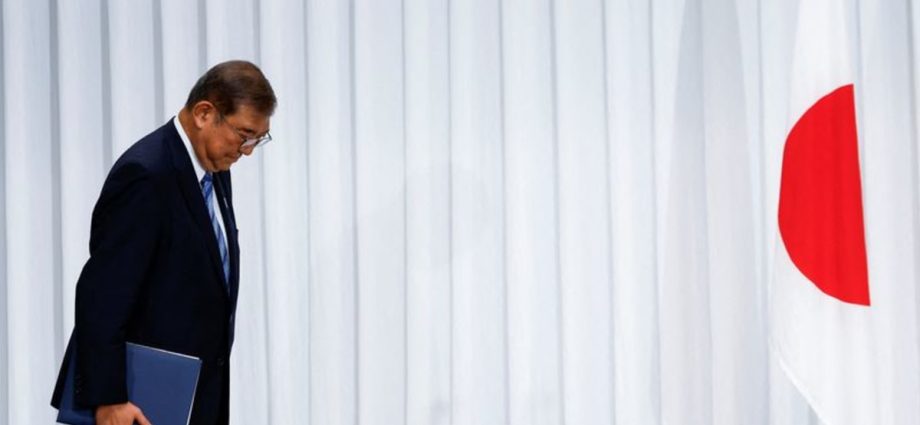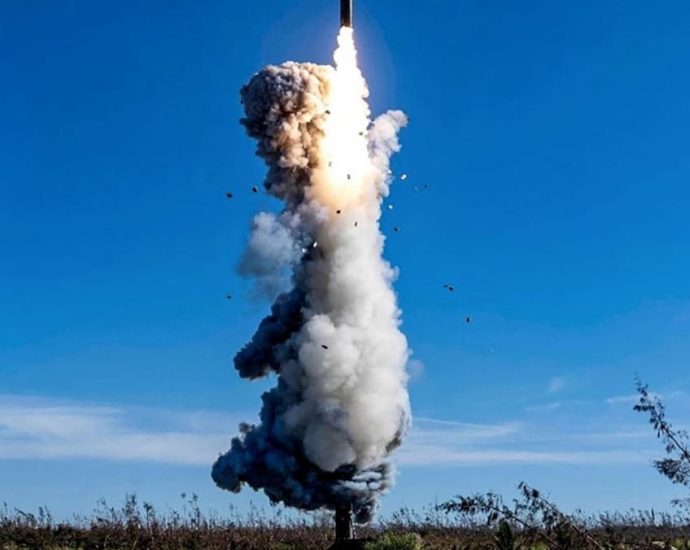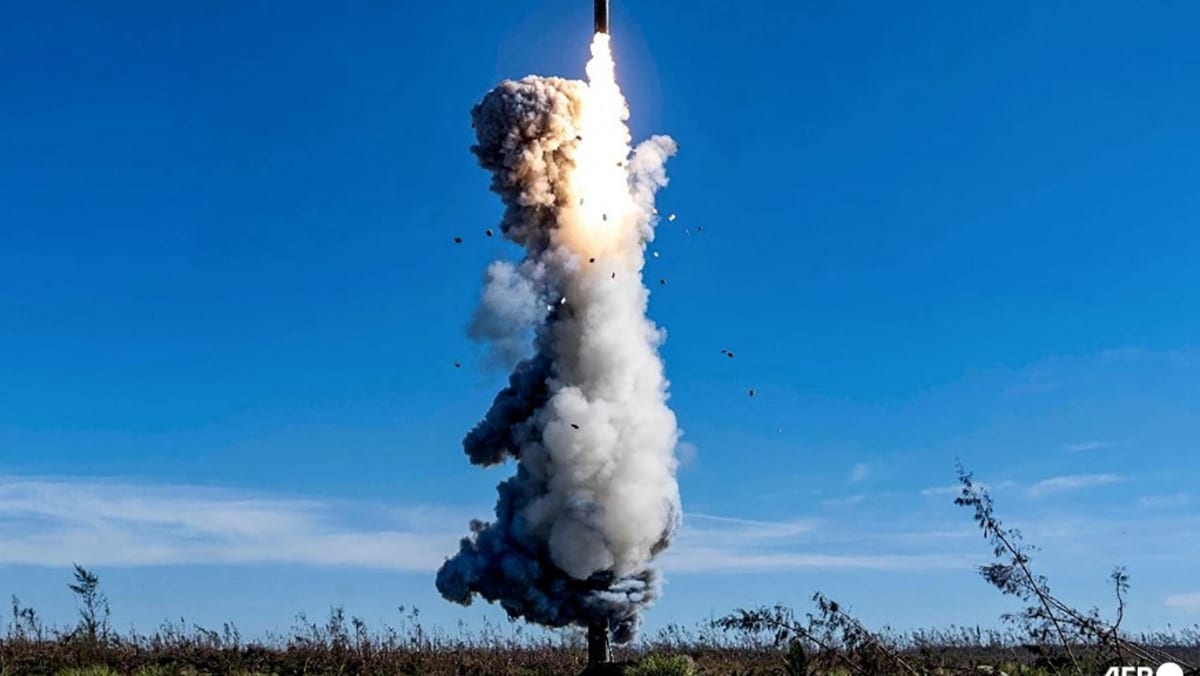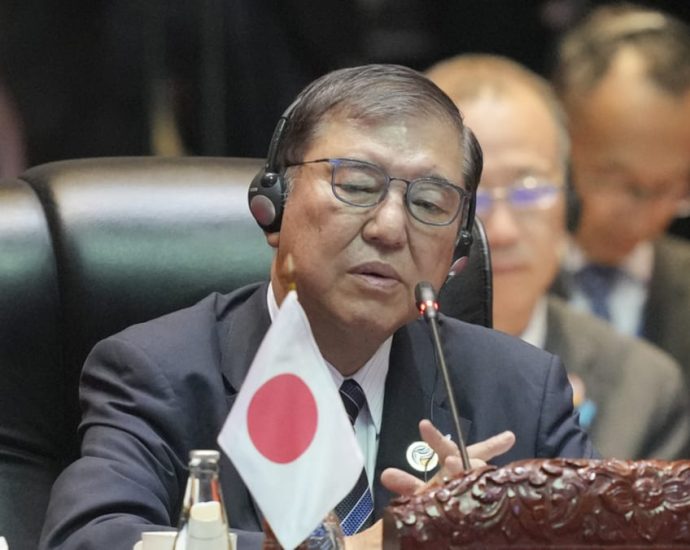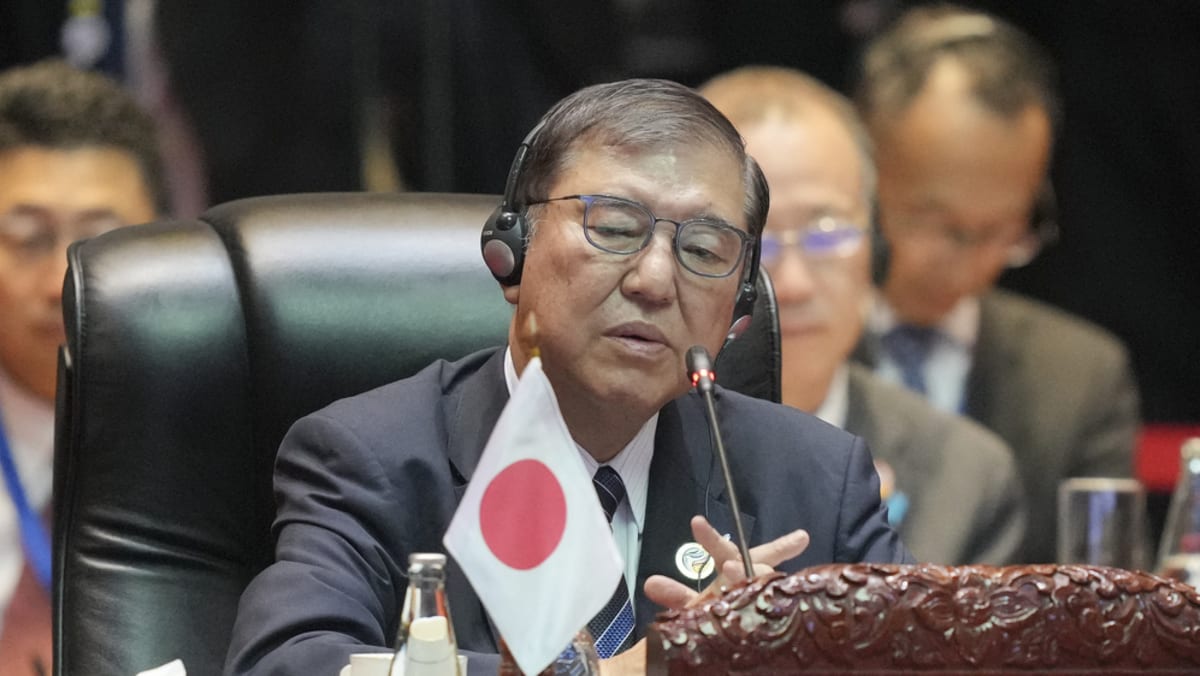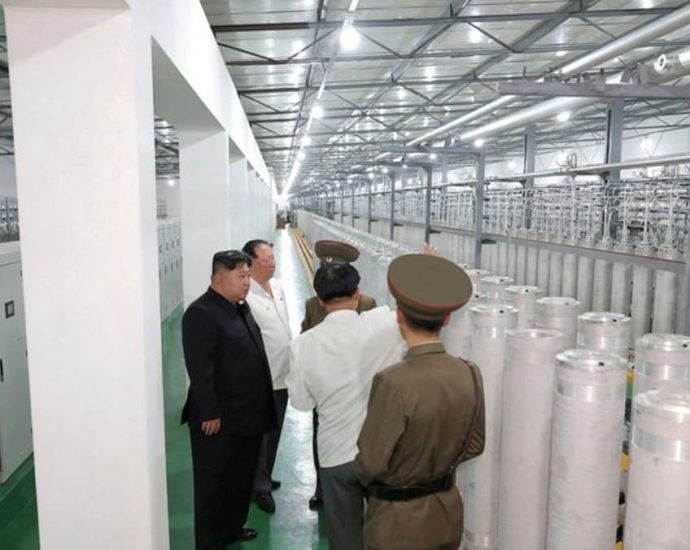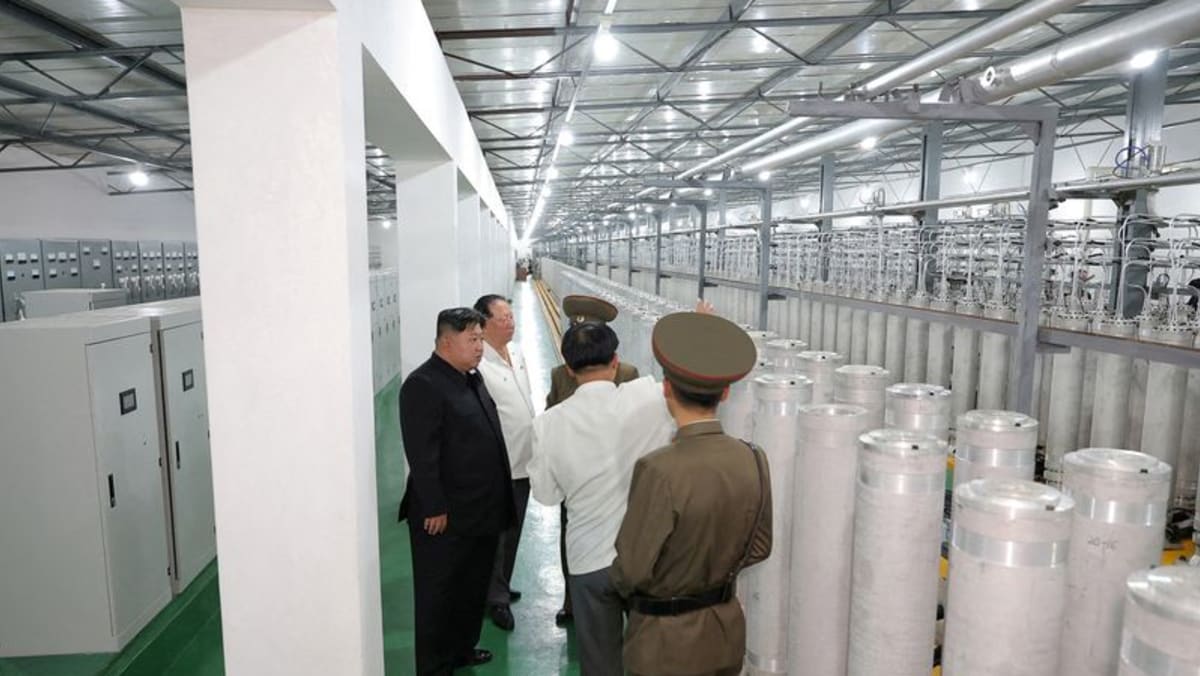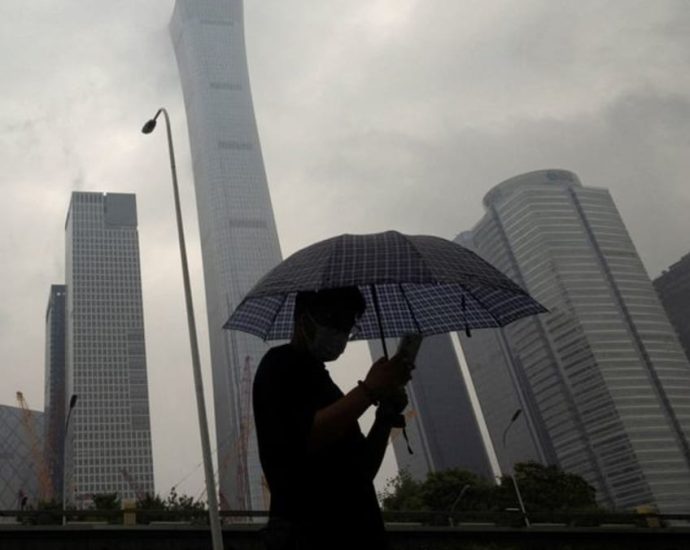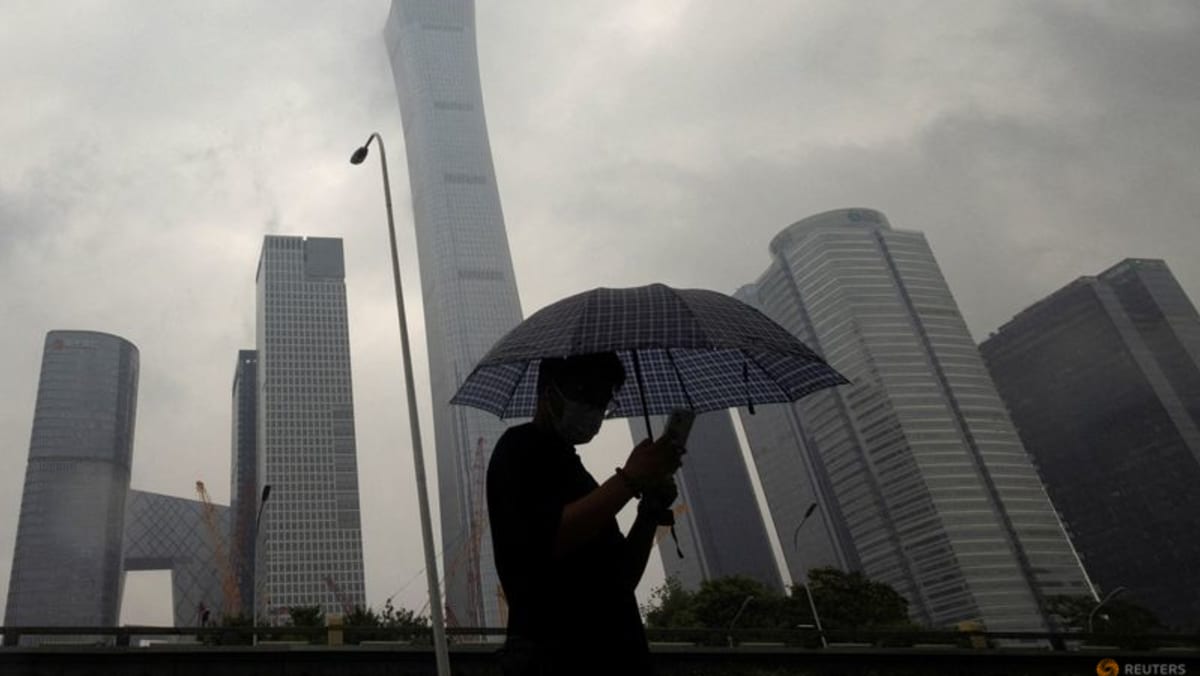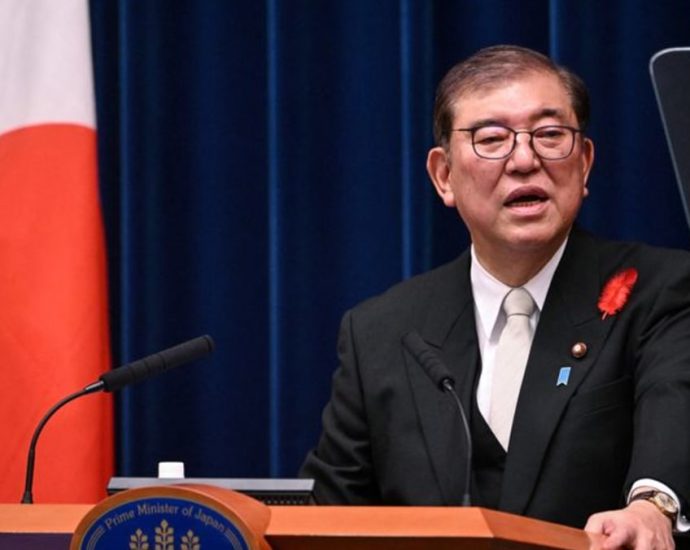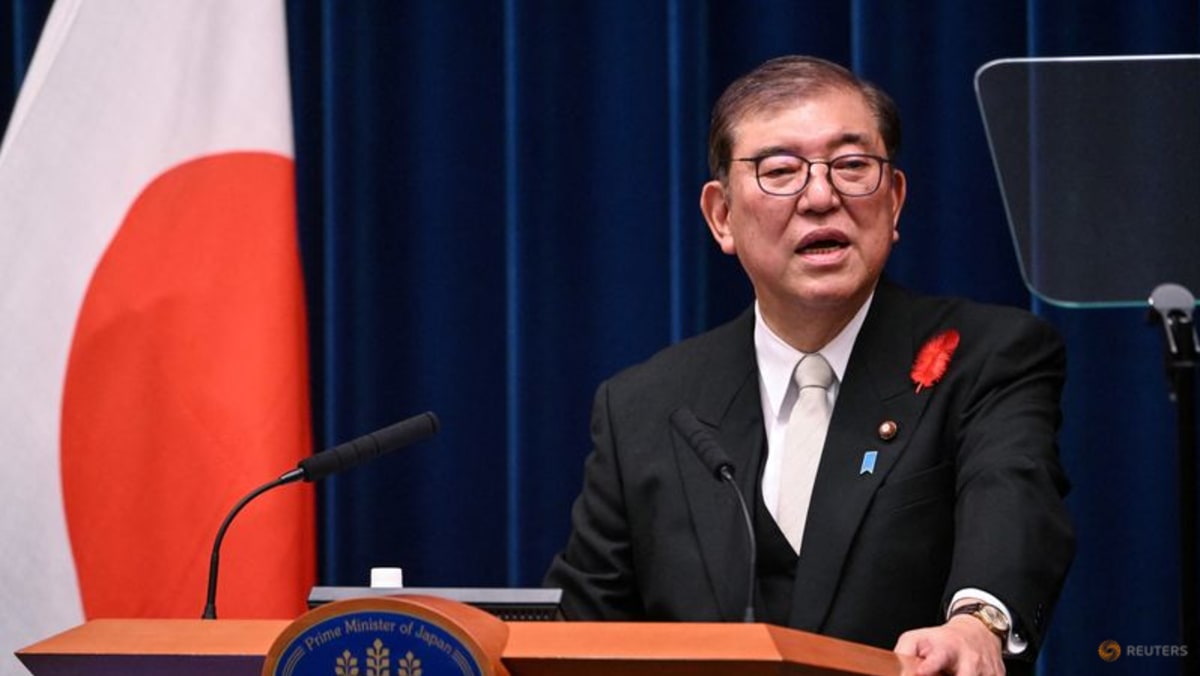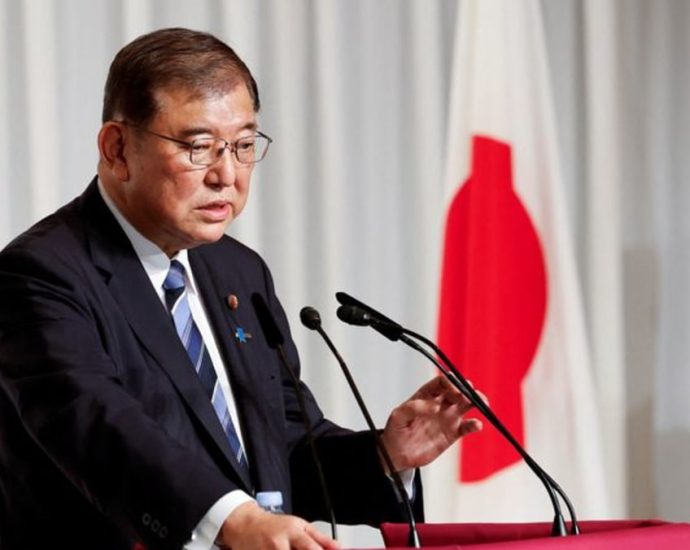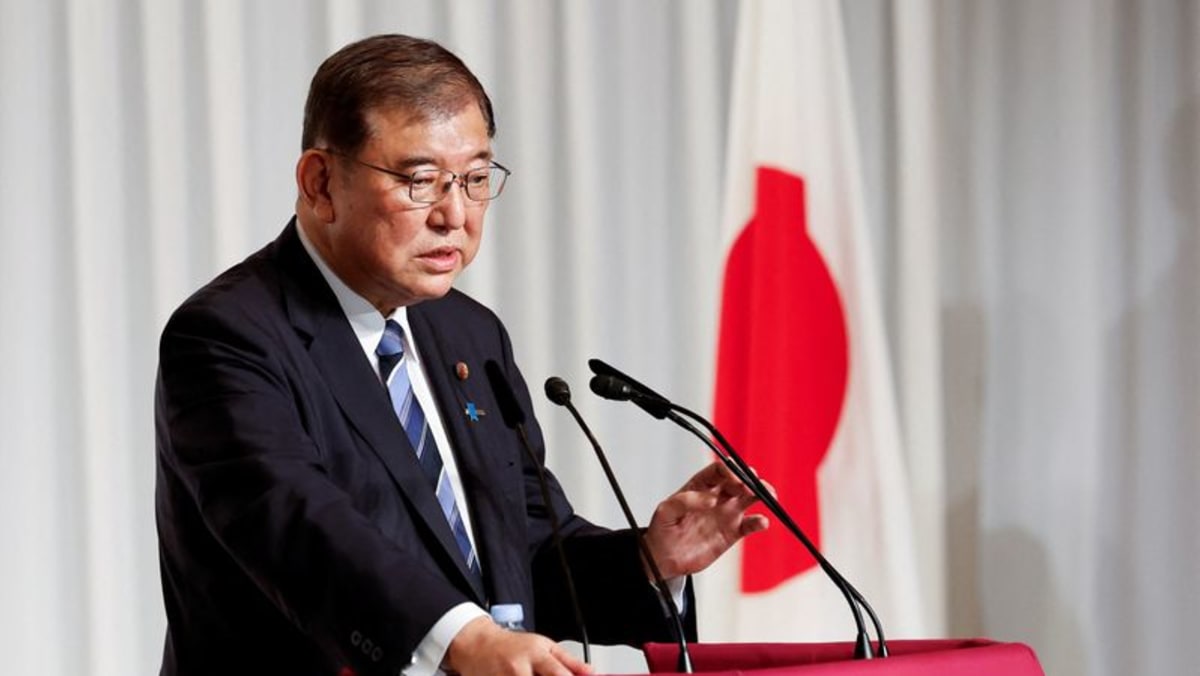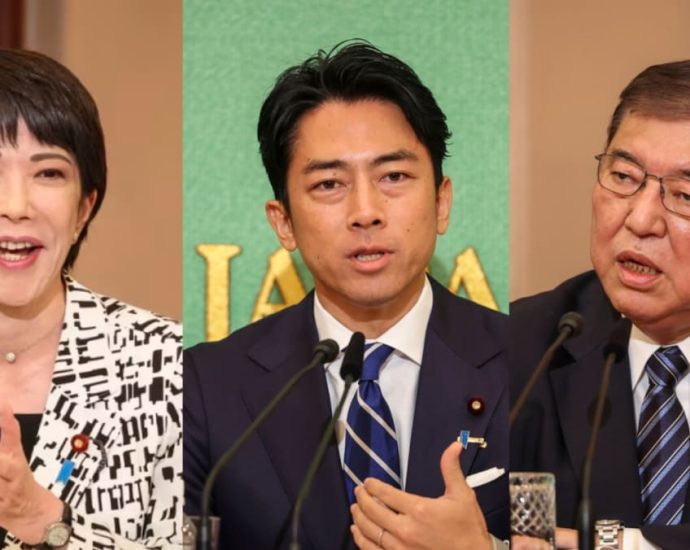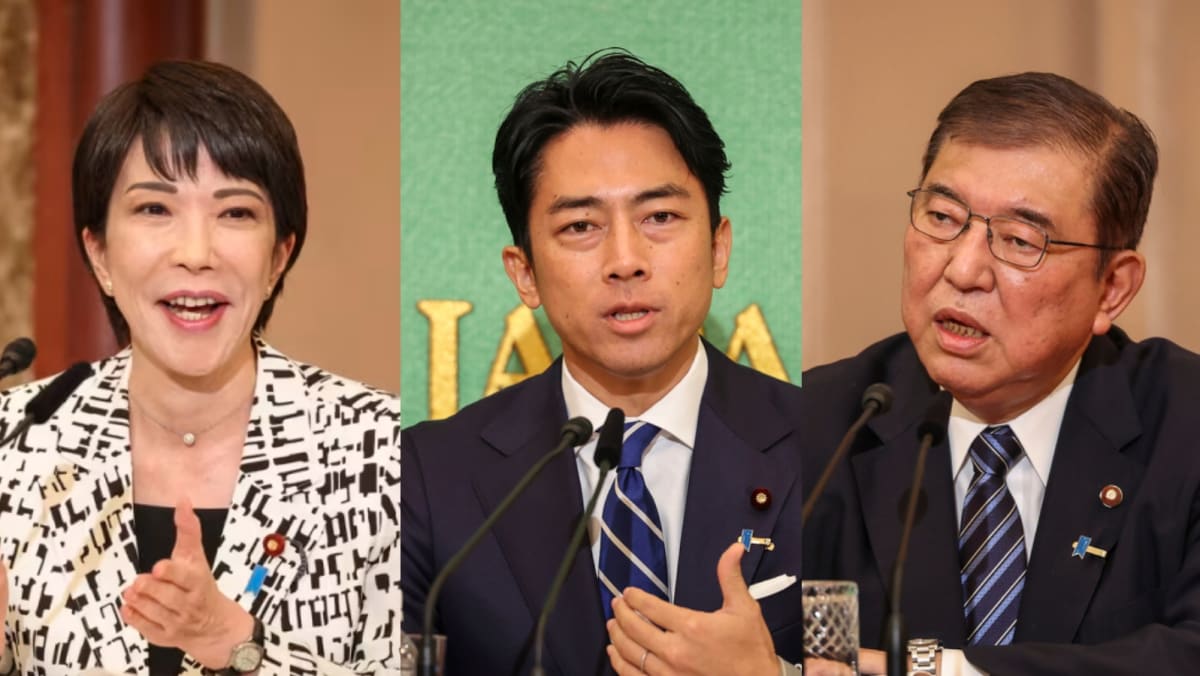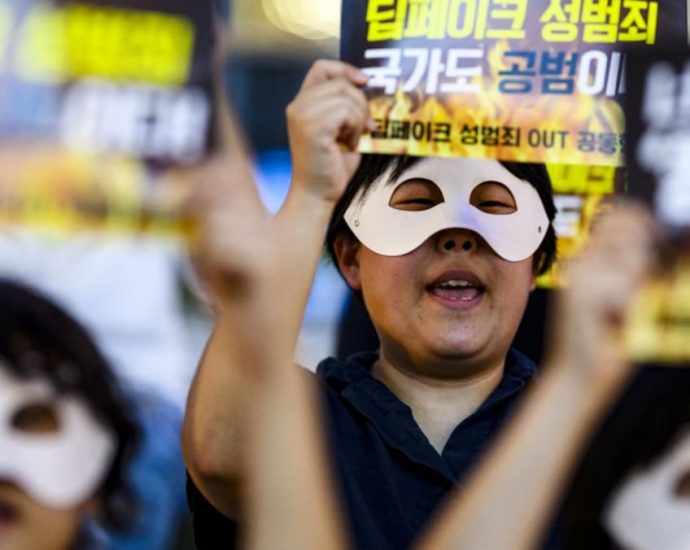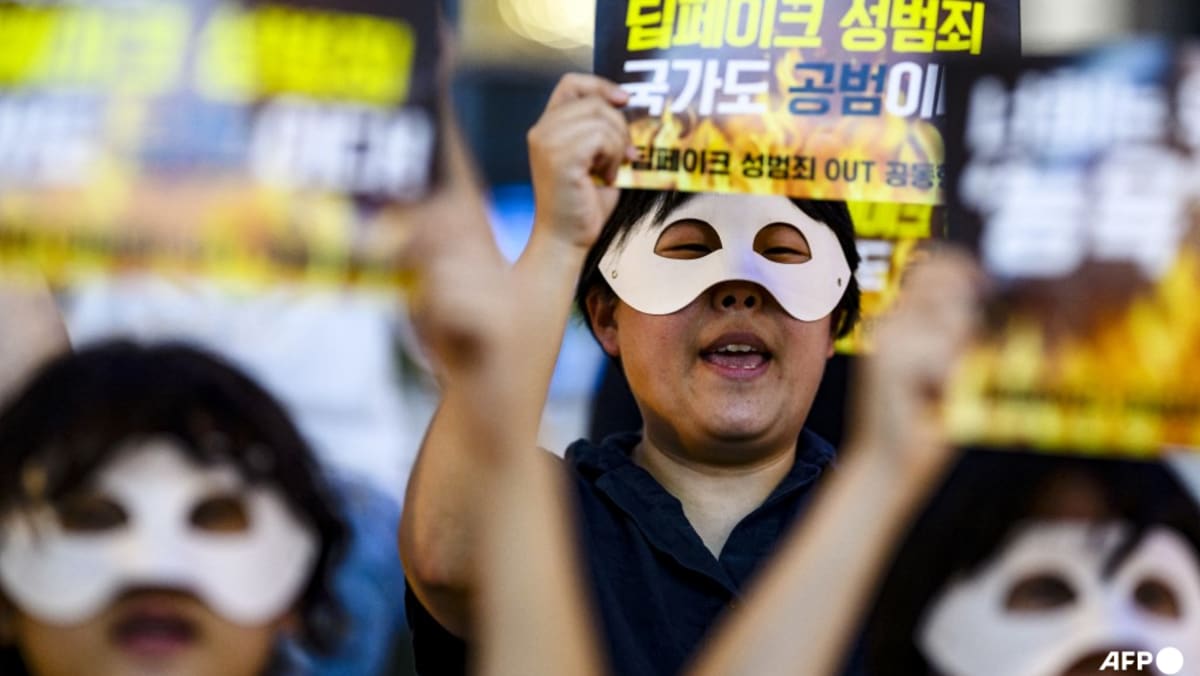Commentary: A disastrous poll puts Japan politics on shaky path
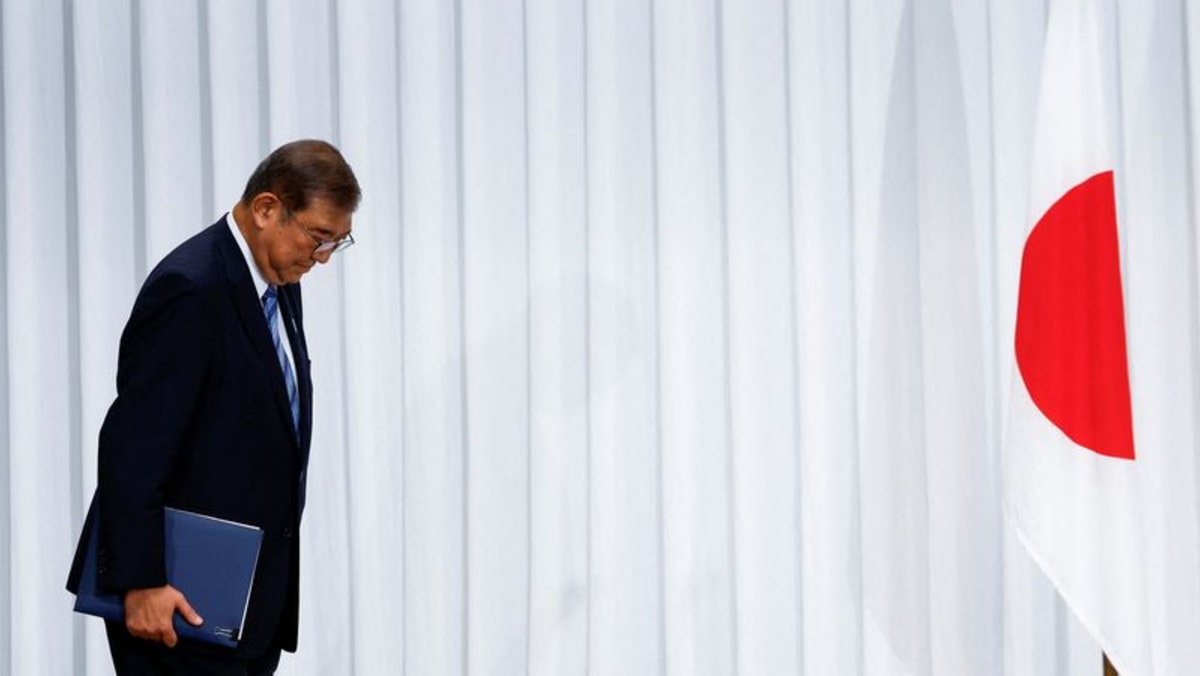
But with the LDP having just held its largest, longest election to find a new figurehead, it’s unclear if there will be the appetite to go again. The party is said to be wary of the chaos of the post-Koizumi era in the late 2000s, when its constant chopping and changing of leaders ultimately evaporated public support, culminating in a loss of power in 2009.
It’s also possible that no leader could have avoided this result; in an alternate universe where Ishiba did not call a quick election, Yoshihiko Noda, the newly elected leader of the Constitutional Democratic Party of Japan, might have had time to coordinate with other opposition parties and boot the LDP out of power entirely.
There also aren’t many great candidates waiting in the wings. Sanae Takaichi, who Ishiba beat in the runoff election last month, is divisive. Shinjiro Koizumi, the third leading candidate in September’s vote, might well have been a better look for the party – but as the election strategy chief presiding over this drubbing, he’s in no position to make his case to be leader (agreeing to take that role might be another example of his less-than-astute political instincts).
And yet the LDP has little time to reorganise. There is an upper house election coming next summer, by which time the opposition parties may be able to form the alliances needed to win. Japan has little room for such interregnums. However you measure it, Ishiba doesn’t have time on his side.

